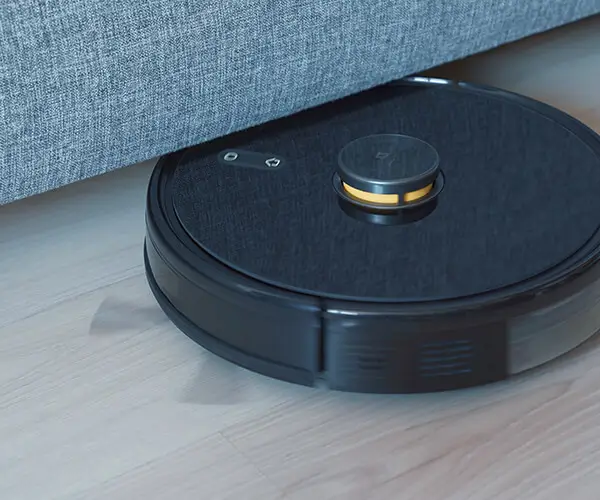part 1:
Revitalize Your Precision: A Comprehensive Guide to Fanuc Servo Motor Repair (Part 1)
In the fast-paced world of industrial automation, Fanuc servo motors stand out as a benchmark of reliability and precision. From CNC machines to robotic arms, these motors power countless applications that demand high accuracy and durability. However, even the most robust equipment isn't immune to wear and tear—especially in demanding environments. When Fanuc servo motors falter, the impact can ripple across production lines, causing delays, increased costs, and compromised quality. That's why understanding how to approach Fanuc servo motor repair is essential for maintenance teams, engineers, and industry enthusiasts aiming to maintain peak performance.

Understanding Fanuc Servo Motors: The Heart of Precise Automation
Before delving into repair strategies, it's vital to grasp what makes Fanuc servo motors unique. These motors are high-performance components designed for precise control of position, speed, and torque. They typically operate in closed-loop systems with feedback mechanisms such as encoders or resolvers, ensuring accurate motion even under load variations. Their integration into complex automation setups demands maintenance that preserves their intricate functionalities.
Fanuc servo motors are generally categorized into AC servo motors, DC servo motors, and specialized variants tailored for specific operational needs. Regardless of type, common features include high efficiency, compact design, and advanced control algorithms. Their reliability stems from meticulous manufacturing and quality control, but like all mechanical and electronic components, they are susceptible to degradation over time.
Common Causes of Fanuc Servo Motor Failure
Knowing the typical reasons behind servo motor failures can save equipment downtime and costly repairs. Here are some prevalent issues:
Overheating: Continuous operation beyond recommended thermal limits can damage windings and insulation. Overheating might result from poor ventilation, excessive load, or electrical faults.
Bearing Wear: Bearings support the rotor’s rotation. Over time, lubrication breakdown or contamination can cause excessive play, noise, and eventual failure.
Electrical Faults: Short circuits, open circuits, or issues with the inverter drive can lead to malfunctioning or motor burnout.
Encoder or Feedback Device Malfunctions: Faulty feedback devices impair position sensing, leading to erratic motion or failure to respond correctly.
Vibration and Mechanical Shock: External impacts or misalignment can cause mechanical stress, damaging the motor’s internal components.
Aging and Wear: Like all mechanical components, motors naturally degrade with use, especially in high-duty applications.
Initial Troubleshooting and Diagnosis
When a Fanuc servo motor exhibits issues, a systematic diagnostic approach can help identify the root cause before proceeding to repair or replacement.
Visual Inspection: Look for obvious signs such as burnt smell, discoloration, broken wires, or physical damage.
Check Electrical Connections: Loose connectors or corrosion can cause intermittent faults.
Monitor Temperatures: Use infrared thermometers or thermal cameras to identify overheating.
Test Feedback Devices: Confirm that encoders or resolvers are functioning correctly with appropriate testers.
Review Error Codes: Modern Fanuc drives often display fault codes that specify issues. Cross-reference these codes with manuals for accurate diagnosis.
When to Opt for Professional Repair
While some minor issues, like cleaning or re-tightening connections, can be handled in-house, complex faults demand professional intervention. Repairing Fanuc servo motors involves specialized tools and expertise to handle delicate electronic components and precise mechanical parts. Attempting to repair without proper knowledge might exacerbate the problem or void warranties.
Benefits of Timely Fanuc Servo Motor Repair
Given the critical role these motors play, proactive repairs can:
Extend lifespan Improve positioning accuracy Reduce energy consumption Minimize downtime Save costs over replacing entire units
In the next installment, we’ll explore detailed repair procedures, maintenance tips, and how to select reliable service providers to ensure your Fanuc servo motors perform at their best.
Leveraging innovations in modular drive technology, Kpower integrates high-performance motors, precision reducers, and multi-protocol control systems to provide efficient and customized smart drive system solutions.




































